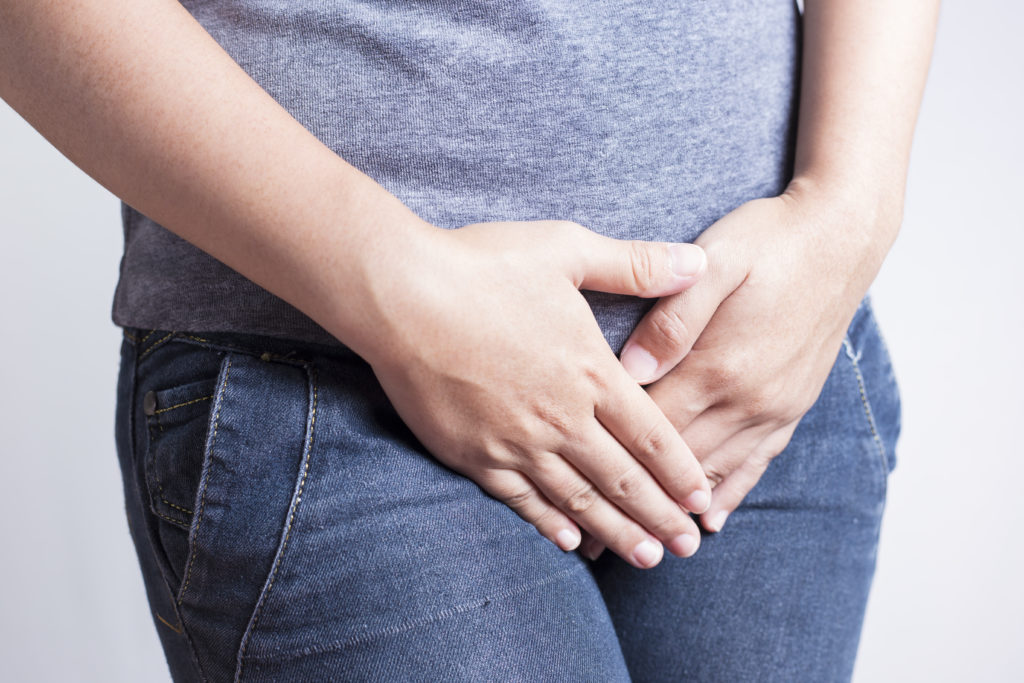If you experience menstrual problems, know that it is an indicator that uterine fibroids have developed in your uterus.
Uterine fibroids, also known as myomas, are a type of tumor that grows in your uterus. While it is non-cancerous, it can cause severe health issues, such as:
- Heavy menstrual bleeding
- Pain during sex
- Constipation
- Difficulty emptying the bladder
- Frequent urination
- Leg pains and backaches
- Pelvic pressure or pain
Fibroids may vary in size, shape, and location. They occur on the uterus wall or the uterus surface. Some are so small that even a doctor can’t see with the naked eye. However, in some cases, some grow in big masses that can change the shape of your uterus.
What Are Uterine Fibroids?
Table of Contents
Uterine fibroids are growth made up of the muscle and connective tissue from the uterus wall. According to research, more than 40% of women experience fibroids symptoms during the childbearing years. Also, more than 80% of women develop fibroids over the age of 40 and 50.
Surprisingly, most women don’t experience the fibroids symptoms, so they don’t realize they have fibroids. If you have fibroids, then you don’t have to worry at all. There are several treatment options, but it depends on the individual case.
What Are The Causes Of Fibroids?
So, now that you have an idea of what uterine fibroids are, let’s discuss some of the fibroid causes:
- Genetics – Most experts believe that fibroids occur due to genetics. For example, if your mom has fibroids, the chances are higher that you will also develop them in the future.
- Hormones – Estrogen and progesterone are two hormones that promote the growth of fibroids.
- Extracellular Matrix (ECM) – ECM makes cells stick together. It also causes biological changes in the cells.
Most experts exclaim that if you have fibroids during pregnancy, they will shrink or disappear after pregnancy and the uterus will return to its normal size.
How To Treat Uterine Fibroids?
As said earlier, the treatment for fibroids depends on size, shape, and location. Your treatment plan will also depend on the following factors:
- Symptoms of fibroids you are experiencing
- Planning to get pregnant
- Planning for uterine preservation.
However, it is wise to consult a professional doctor who will recommend the best treatment options available. Some of the options include:
- OTC Medications – There are several Over-The-Counter (OTC) medications available that will help you manage pain and discomfort. The two common OTC medications to treat fibroids are acetaminophen and ibuprofen.
- Oral Therapies – There are some oral therapies available that will help you manage heavy uterine bleeding. For example, Tranexamic acid is an oral drug that treats heavy menstrual bleeding. However, before undergoing any therapy, make sure to discuss the pros and cons.
- Gonadotropin-releasing hormone (GnRH) agonists – This medication can be taken via nasal spray or injection to shrink your fibroids. If you stop taking this medication, the chances are higher that fibroids will return.
Summing Up
Having uterine fibroids is common. In most cases, fibroids don’t cause any symptoms at all. However, if you experience any of the symptoms, consult your professional doctor immediately.

